MUSCAT (Reuters) - Top Iranian and U.S. negotiators will meet again on Saturday to hammer out a new deal curbing Tehran's advancing nuclear programme, while U.S. President Donald Trump signalled confidence in clinching a new pact that would block Iran's path to a nuclear bomb.
Iran's Foreign Minister Abbas Araqchi will negotiate indirectly with Trump's Middle East envoy Steve Witkoff in Muscat through Omani mediators, a week after a second round in Rome that both sides described as constructive.
Talks are set to start at expert-level, which will begin drawing up a framework for a potential nuclear deal, ahead of an indirect meeting between the lead negotiators.
Trump, in an interview with Time magazine published on Friday, said "I think we're going to make a deal with Iran", but he repeated a threat of military action against Iran if diplomacy fails.
While both Tehran and Washington have said they are set on pursuing diplomacy, they remain far apart on a dispute that has rumbled on for more than two decades.
Trump, who has restored a "maximum pressure" campaign on Tehran since February, ditched a 2015 nuclear pact between Iran and six world powers in 2018 during his first term and reimposed crippling sanctions on Iran.
Since 2019, Iran has breached the pact's nuclear curbs including "dramatically" accelerating its enrichment of uranium to up to 60% purity, close to the roughly 90% level that is weapons grade, according to the U.N. nuclear watchdog.
U.S. Secretary of State Marco Rubio said this week Iran would have to entirely stop enriching uranium under a deal, and import any enriched uranium it needed to fuel its sole functioning atomic energy plant, Bushehr.
Tehran is willing to negotiate some curbs on its nuclear work in return for the lifting of sanctions, according to Iranian officials, but ending its enrichment programme or surrendering its enriched uranium stockpile are among "Iran's red lines that could not be compromised" in the talks.
Moreover, European states have suggested to U.S. negotiators that a comprehensive deal should include limits preventing Iran from acquiring or finalising the capacity to put a nuclear warhead on a ballistic missile, several European diplomats said.
Tehran insists its defence capabilities like missile programme are not negotiable. An Iranian official with knowledge of the talks said on Friday that Tehran sees its missile programme as a bigger obstacle in the talks.
(Writing by Parisa Hafezi; Editing by Marguerita Choy)

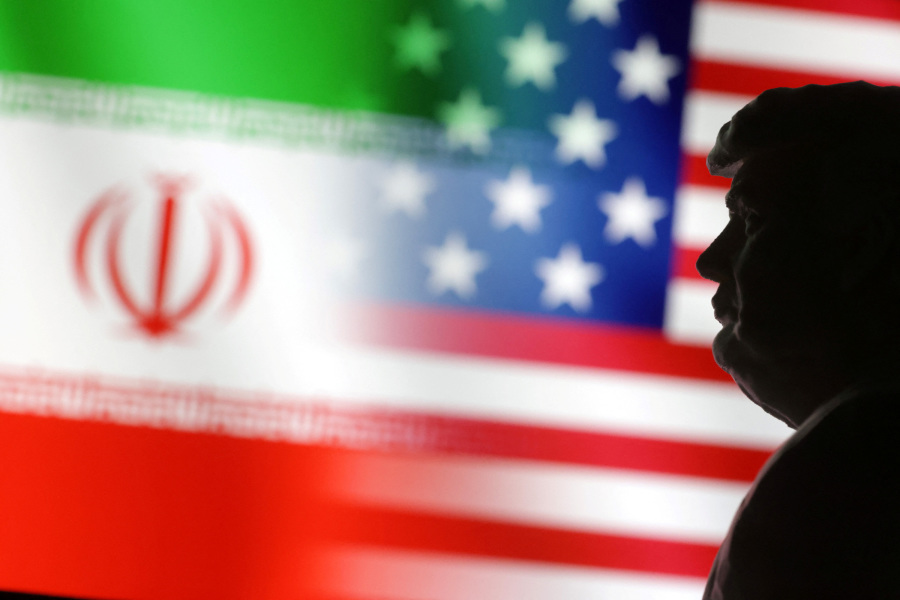
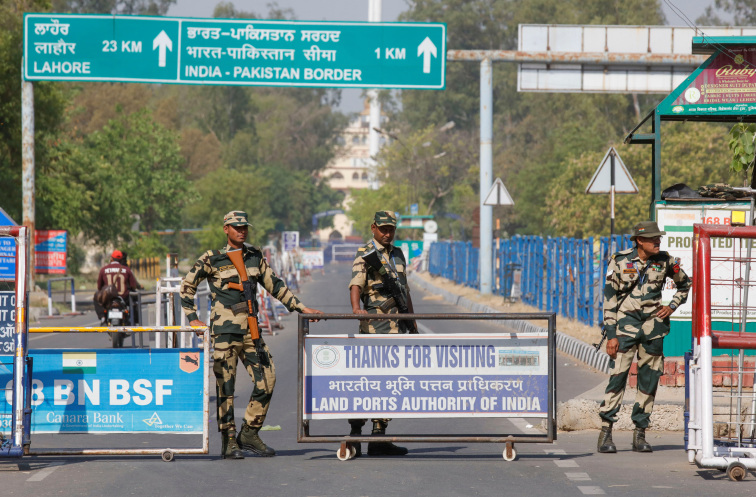
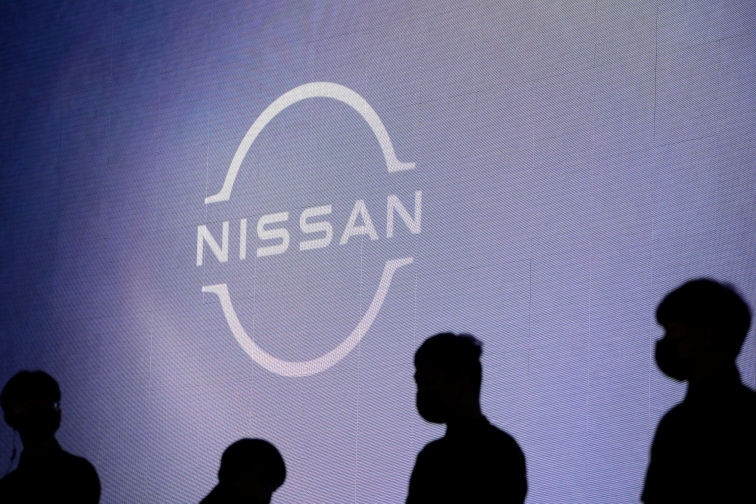


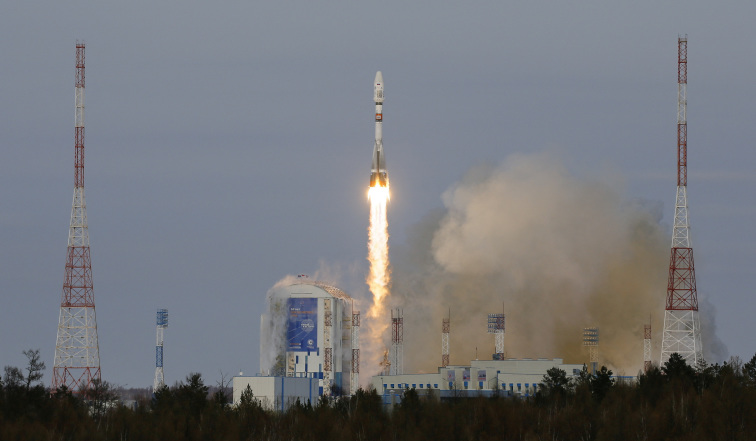
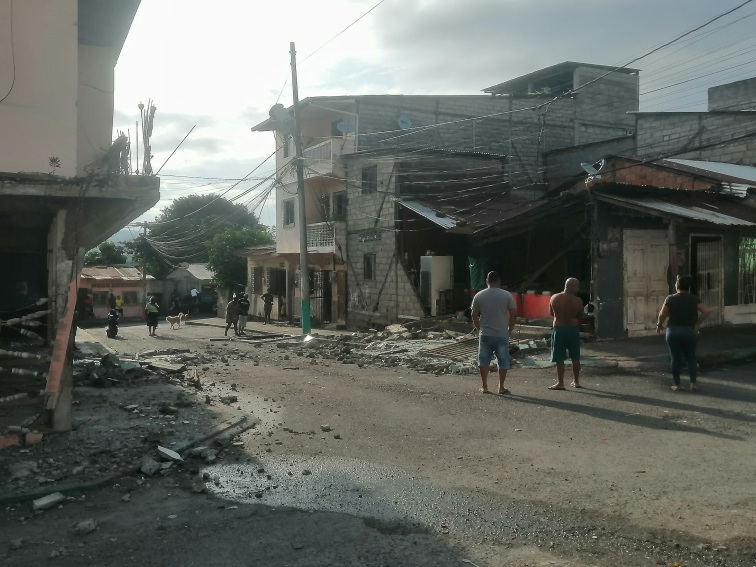

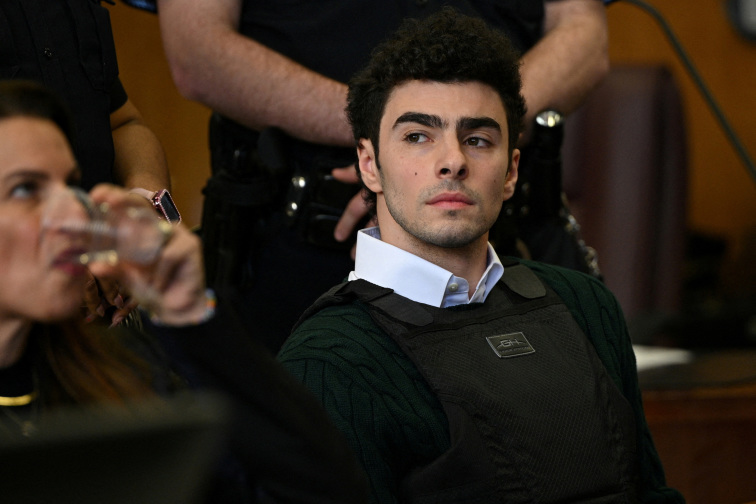

News magazine bootstrap themes!
I like this themes, fast loading and look profesional
Thank you Carlos!
You're welcome!
Please support me with give positive rating!
Yes Sure!